Are you concerned about a will, feel left out, or need to defend a claim? Know your rights and take action with support from our contested will lawyers.
The law provides an opportunity for certain people to seek that they be properly provided for in a will, and we specialise in helping these clients get what they are entitled to.
Whether your case relates to contesting a will in NSW or defending against such a claim, our dedicated team can assist you.
At Turnbull Hill Lawyers, we draw on over five decades in NSW Wills & Estates Law to guide you through the entire legal journey.
Safeguard your entitlements with a complimentary consultation from our will dispute lawyers in Newcastle, Maitland or Sydney.

By your side at every stage of a dispute
Our experienced lawyers are here to help with all contested will matters in NSW. We can examine any element of your case, including:
- Has the will been properly signed and witnessed?
- Is the wording of the will confusing?
- Was the will-maker of sound mind at the time they made or changed their will?
- Was there any forgery or fraud involved?
- Are you the executor (or beneficiary) of a will being challenged and need to know your rights and obligations?
- Is the executor properly distributing the estate?
- Is probate of the will required?
- Did the deceased die without leaving a will?
- How can you obtain a copy of the will?
Contesting a will in NSW with Turnbull Hill Lawyers
55+ years in estate law
Disputing a will is a challenging legal process, especially during this difficult time. We are here for you. Since 1969, our experienced will lawyers in Newcastle, Maitland and Sydney have been empowering clients to champion their rights.
Streamlined support
Our contested will lawyers handle your case with the highest efficiency and urgency, ensuring deadlines are met. With our swift legal support, you can challenge or defend a Will without delay.
Personalised advice
We understand that every estate and family are different. That’s why we take a tailored approach to each will dispute case. Whether dealing with straightforward or complex inheritance matters, we deliver dynamic legal services to minimise stress.
Practical solutions
We ensure you have a thorough understanding of your legal entitlements. With our pragmatic advice and regular updates, you’ll be equipped to take action to secure what is rightfully yours.
Unwavering service
There’s a reason clients have trusted Turnbull Hill Lawyers with contesting a will in NSW. As leading contested estates solicitors, we are committed to delivering exceptional service and achieving successful outcomes.
Transparent fees
Our contested estates lawyers offer dependable legal services. We ensure transparency with clear hourly rates and upfront cost estimates, all based on the time spent on your case.
Contest a will in NSW with proactive legal support
If you are not sure about whether you can make a claim, simply contact us and we’ll be able to determine if you are eligible to do so. This call is completely free and there are no obligations.
What our clients say
The team at Turnbull Hill Lawyers are the best! Thank you.
If you're looking for a solicitor who combines professionalism with genuine care, Ella is your lady! She took the time to explain everything in detail, ensuring that my siblings and I felt fully informed and confident throughout the entire process. I cannot recommend Ella highly enough.
I can't thank Ella from Turnbull Hill Lawyers at Charlestown enough for everything she has helped me with over the last 12 months. Ella has been so supportive and understanding. Ella's knowledge of the law is outstanding so I have trusted her advice without hesitation throughout. Knowing that I had Ella fighting for me has given me the courage to carry on and stand up for myself.
Timely response to emails sent. Precise instructions given for what we needed to do, as the executors, and options for how these actions could be carried out. Completely satisfied with the services provided and the manner in which they were performed. Thank you.
I can't thank Adrian Corbould and his Contested Estates team enough. The high level of professionalism of the team (including Nicholas, Nelle and Tammy), guided by Adrian's expertise, experience, knowledge, skill and impeccable ethics, combined with empathy and compassion made a difficult situation much smoother to navigate.
Get started in 3 simple steps
If you need support with defending or contesting a will in NSW, get in touch with our experienced lawyers. We are always here to help.
Book a consultation
Call our friendly team on 1800 994 279 or contact us today.
Tell us your story
Your will dispute lawyer will listen carefully to your needs so that we can empower you with invaluable legal advice.
Receive the right support
Gain reliable assistance at every stage of this legal process, whichever approach best suits your financial circumstances.
Frequently asked questions
In New South Wales, there are two main legal avenues for contesting a will:
- Family provision claim (inadequate provision):
This occurs when an eligible person believes that the will does not provide adequate financial provision for their proper maintenance, education or advancement in life. A claim can be made to the Supreme Court of NSW seeking a greater share of the estate. If successful, the Court may order that a larger or new provision be made for the claimant from the deceased’s estate. - Challenging the validity of a will:
Alternatively, a will can be contested on the basis that it should be set aside. Common reasons include the existence of a later, valid will; concerns about the deceased's lack of testamentary capacity at the time the will was made; or instances of fraud, undue influence, or forgery. If the challenge is successful, the disputed will may be declared invalid and either an earlier will (if available) may be reinstated or the estate may be distributed under intestacy laws.
You may be able to make a contested will claim if you:
- Were married to the deceased or you were their de facto partner
- Are a child of the person who made the will (or an adopted child)
- Are the ex-wife or ex-husband of the person who made the will
- Are a grandchild of the person who made the will and were wholly or partially dependent upon them. For example, you lived with the deceased or the deceased supported you financially
- Lived with the person who made the will at some time and you were dependent upon them to some extent (this commonly includes stepchildren or foster children)
Importantly, you could be eligible to make a claim even if there is no will.
In NSW, you cannot contest a will simply because you believe it is 'unfair.' Rather, anyone considered an interested or eligible party must have valid reasons for disputing the will's validity.
A will can be challenged on the below grounds:
H4: Lack of testamentary capacity
A will is invalid if the person creating it lacks the mental capacity to comprehend its significance and implications at the time of its making.
The test for capacity is outlined in the case of Banks v Goodfellow (1870) 5 QB 549 at 565[CM1] , and it includes four essential criteria that must be met when making a will:
- The individual must understand that they are making a will and what it entails.
- They must have a general understanding of the nature and extent of their property.
- They must recognise and appreciate any moral obligations towards family members, such as knowing who may have claims on their estate.
- They must not be suffering from a mental disorder or delusion that would influence the will in a way that would not have occurred if they were of sound mind.
Fraud
A will is considered invalid if fraud was involved in its making. This might mean that the individual who signed the will was not the testator, or that a subsequent will was created but has been destroyed or concealed.
To challenge a will based on fraud, you must provide evidence to the court that a beneficiary committed fraud with the intent to receive benefits under the will, and that this fraud directly influenced the creation of the will.
Undue influence
A will can be declared invalid by the court if it is proven that the testator was under undue influence when creating it.
Undue influence involves coercing the testator to draft the will in a certain way, which can include psychological or physical threats.
To succeed in a challenge on these grounds, you must provide evidence that the testator was coerced. Mere persuasion does not constitute undue influence.
Forgery
A will is invalid if it is a forgery, meaning it was created or signed by someone other than the testator. To challenge a will on this basis, you must present evidence demonstrating how the will was forged.
The testator did not know or approve the will’s contents
When a person creates a will, it is generally assumed that they were aware of and approved its contents.
To contest a will because the testator was not aware of or did not approve its contents, you must provide evidence demonstrating that the person who made the will was not aware of or did not approve the document's contents.
Yes, you can. If a person dies without leaving a will, or if the named beneficiaries have passed away, the estate is distributed according to the statutory rules of intestacy.
To successfully contest a will, you need substantial evidence to demonstrate that the will does not truly represent the deceased's intentions or was created under invalid circumstances. Important types of evidence include:
- Witness testimony: Statements from individuals who were present when the will was signed or who had discussions with the deceased regarding their testamentary intentions can be crucial.
- Documents: This includes copies of the contested will, any earlier wills, correspondence between the deceased and their legal advisers, and any documents that confirm the deceased's intentions.
- Forensic evidence: If you suspect forgery, handwriting experts may be hired to examine the signatures on the will.
- Medical records: If the will is being contested on the grounds of lack of testamentary capacity, medical records and expert testimony about the deceased’s mental state are vital.
While the exact steps for contesting a will in NSW differ based on individual circumstances, the overall process generally includes the below stages:
- Confirm whether probate has been issued: First, determine if probate has been granted by checking the probate notices on the NSW Online Registry or by contacting the Supreme Court to check the status.
- Evaluate financial need: Assess whether you can demonstrate a need for the inheritance, particularly in comparison to other potential beneficiaries.
- Seek legal advice: If you believe you have valid grounds to contest the will, consult with a lawyer who can evaluate the strength of your case. Your lawyer will start the formal contesting process by investigating the estate, which usually involves sending a letter to the executor requesting detailed information about the estate. Your lawyer will also scrutinise the will and identify the estate's assets and liabilities.
- Prepare necessary documents: Your lawyer will prepare a series of documents, including a written statement about your relationship with the deceased, your financial situation, and your health status.
- Negotiate with the executor: Your lawyer will reach out to the executor, who may offer to settle the dispute out of court.
- Proceed to court (if needed): If an agreement on the will's validity cannot be reached, one of the parties must initiate court proceedings. The claimant, who argues that the will is valid, will file a Statement of Claim, outlining the reasons for its validity. The defendant, opposing the will, will file a defence, detailing why they believe it is invalid. Both parties must prepare and submit evidence in the form of affidavits to support their respective arguments.
For personalised and proactive support with contesting a will in NSW, contact our experienced lawyers today.
Whether or not you need to go to court to contest a will depends on the willingness of the involved parties to settle the matter in private.
Whenever possible, will disputes should be resolved through settlement agreements or mediation. This approach avoids court proceedings, ultimately helping to reduce legal costs, accelerate resolutions and preserve family relationships.
However, there are instances where the will dispute must be taken to court. Judges may have varying perspectives on cases, so it is advisable to only proceed to court if you are confident in your chances of success.
The time it takes to contest a will varies depending on whether the case goes to court. An experienced solicitor may be able to negotiate a settlement with the executor, potentially resolving the matter within weeks.
If negotiations fail, the next step is to file the necessary documents to initiate court proceedings. This stage can take up to six months before mediation is scheduled.
If mediation does not result in an agreement, a Family Provision Claim could take an additional 12-18 months to be resolved in court.
You only have a limited time from the date of death of the will-maker to put in a claim to contest a will, being 12 months (unless an exception applies), so don’t delay. It’s always best to act quickly and get professional guidance on what you’re entitled to.
Yes, you can challenge a will after probate has been granted. In New South Wales, probate must be obtained before the court can issue a Family Provision Order, whether by consent or judgment.
You may begin Family Provision Claim proceedings before probate is granted, but the order will only be made once this grant has been issued.
Yes and no. If you file your claim within the required time frame and inform the executor or administrator of your intention to contest the will, you can request the court to recover the distributed assets.
Although the court has the authority to order beneficiaries to return funds or assets, there is no certainty that these orders will be followed. For example, if beneficiaries have squandered the money or are insolvent, recovering the assets may be impractical.
In such cases, the executor or administrator who distributed the estate may be held personally responsible for satisfying any court order in your favour, assuming they have sufficient personal funds.
However, if your claim is submitted after the deadline and the estate has already been distributed, it is unlikely that you will receive a favourable ruling from the court.
Only the assets owned solely by the deceased at the time of death are typically included in the estate. For example, superannuation funds and jointly owned property are not considered part of the estate upon death.
Superannuation is distributed according to the fund's rules by the trustees, and jointly owned property (if held as joint tenants) automatically passes to the surviving joint tenant.
In NSW, the law also allows for "notional estate" to be included in certain circumstances. More on this below.
Notional estate is a complex legal concept that applies only in NSW. In NSW, assets not held in the deceased's name at the time of death, such as superannuation (which is typically held by a trustee or trustee company), can be included in the estate during a family provision case.
This rule may be applied if the deceased, despite not owning the asset directly, had control over it and could have altered its nature or used it for personal benefit.
You’ll be delighted to know that often the legal fees of challenging a will are paid out of the estate of the person who has passed away. There are some simple conditions we’ll explain on the phone when you call us for a chat, and again when we meet.
If your claim is successful, the court may order the estate to cover the costs, which would amount to about 70% of your solicitor costs. You will need to pay the remaining 30% of your costs yourself.
However, if the claim is unsuccessful, you may be required to pay both your own legal costs and those of the estate.
The judge has the discretion to make orders regarding fees as they see fit, and in some cases, the court may cap the costs payable by the estate or any party involved.
It’s much more important in these matters for you to have an expert contested wills lawyer rather than a general lawyer who is located close to you.
We’ve successfully assisted people all over New South Wales (NSW), and internationally, to obtain what they should have been given in a will.





















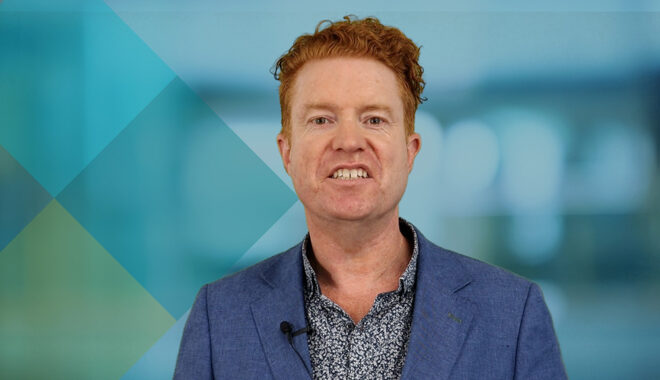

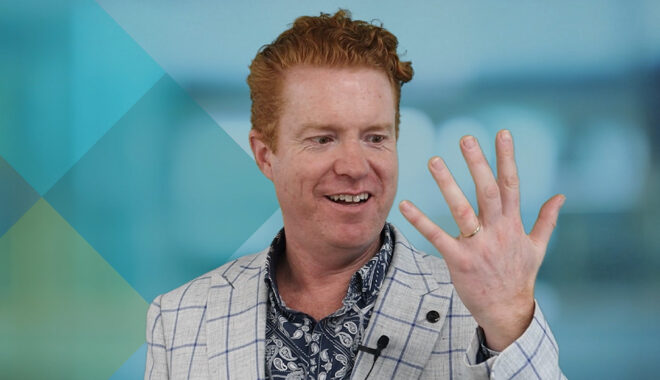





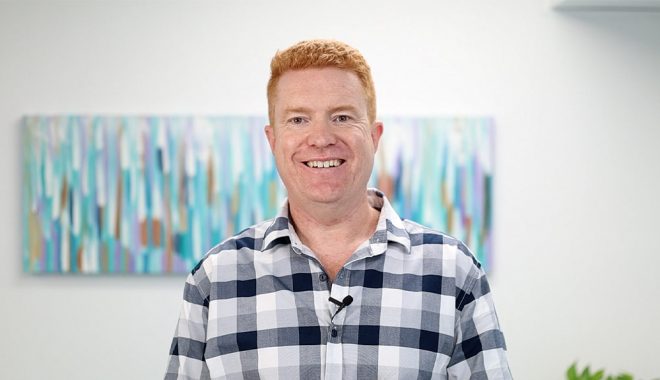







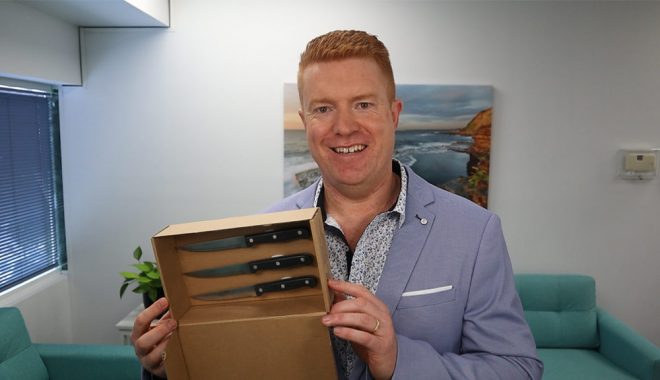
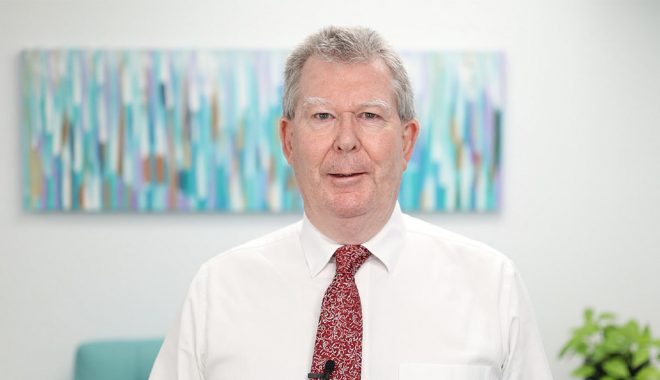

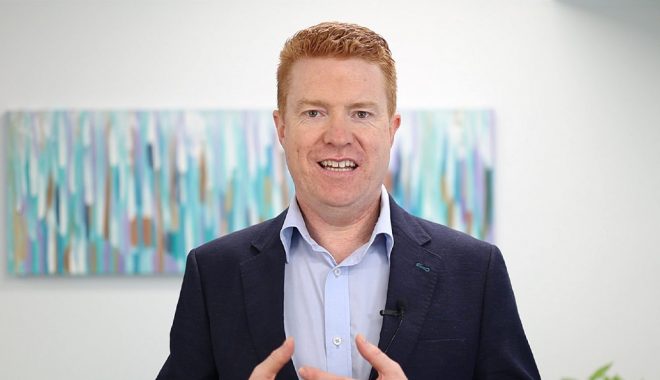
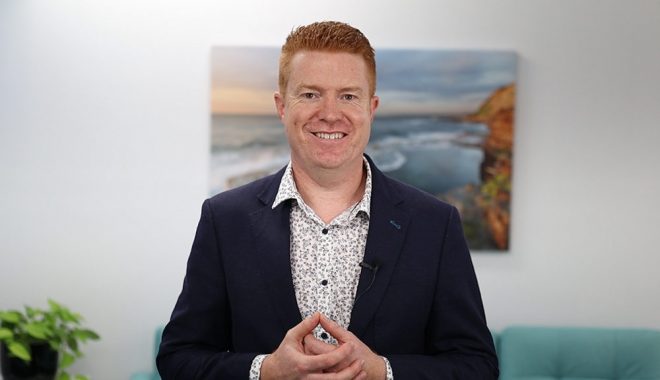
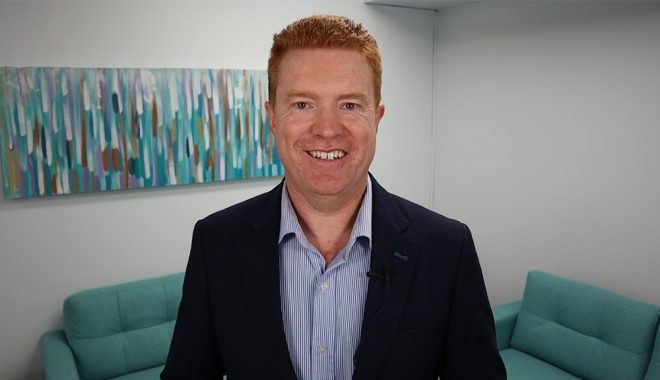


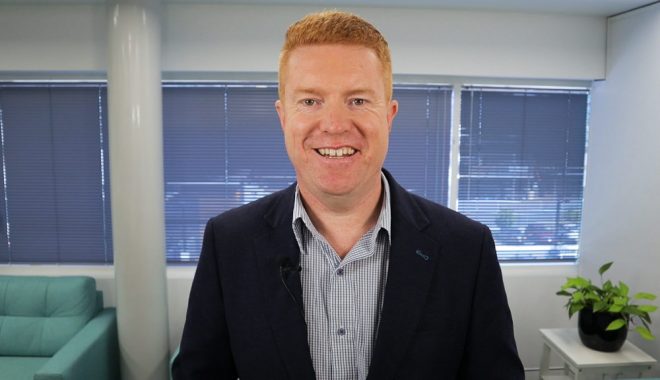













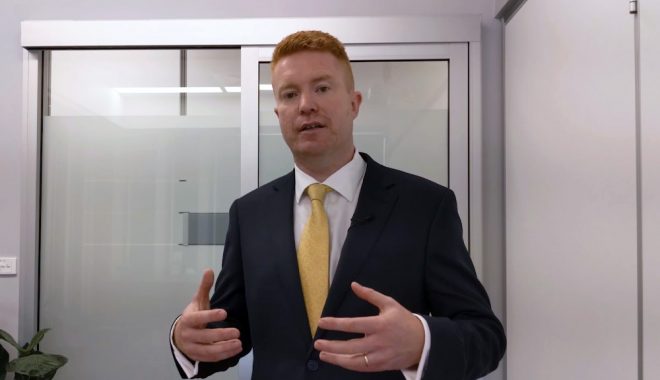
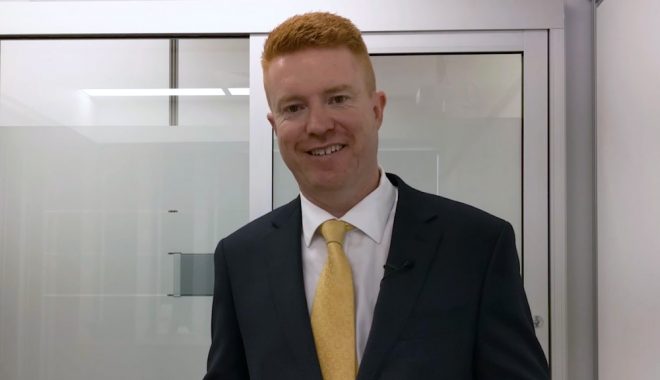
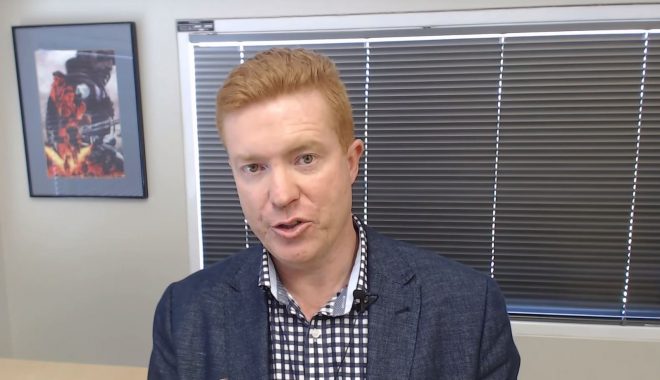
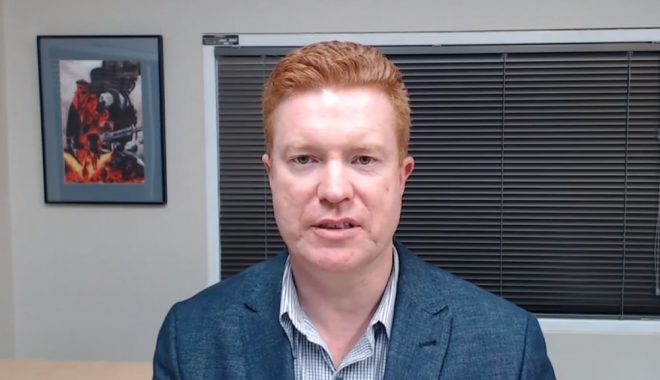
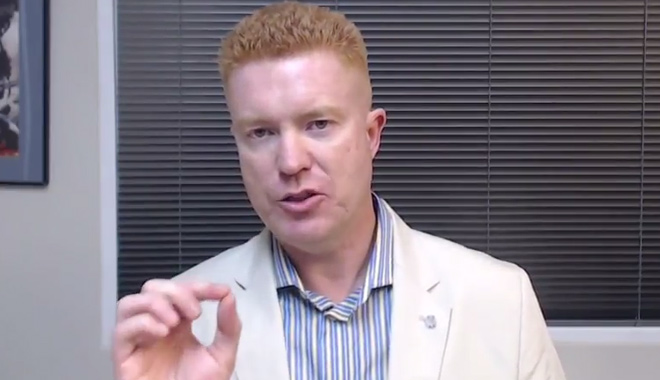
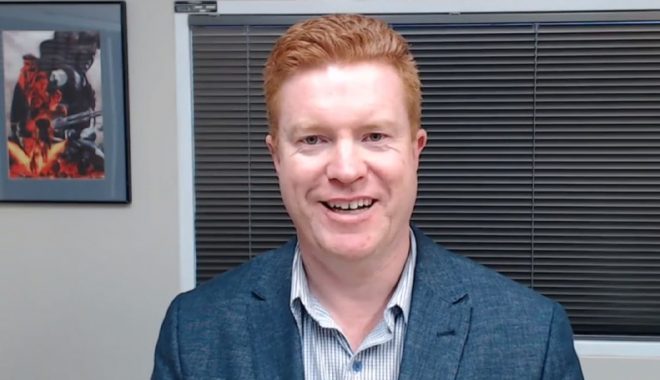
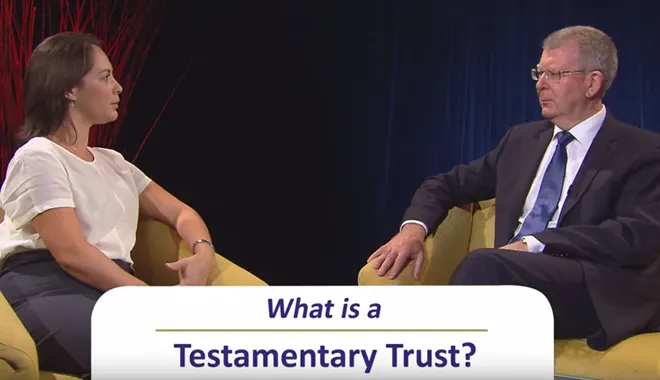
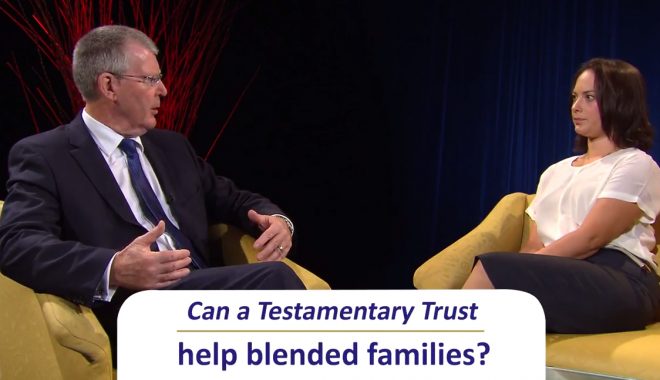
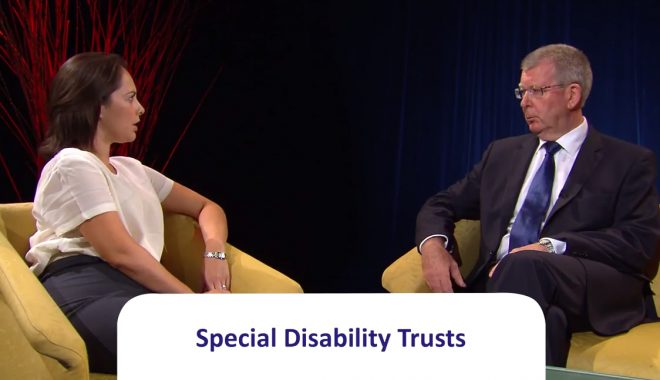
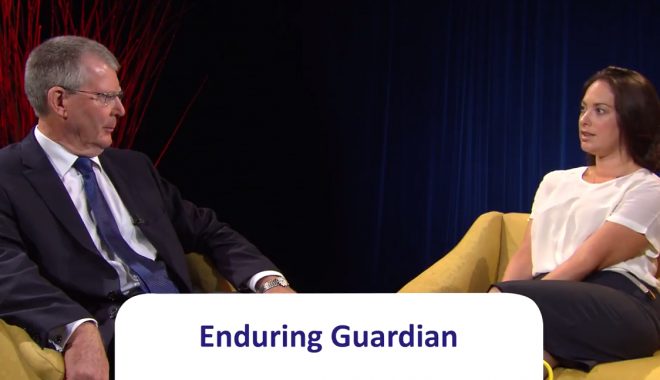
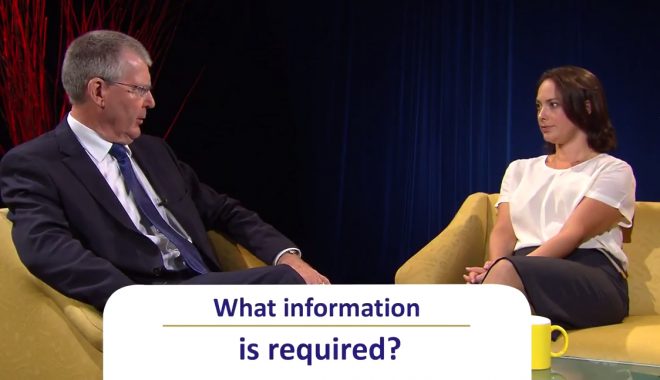










 Liability limited by a scheme approved under Professional Standards Legislation
Liability limited by a scheme approved under Professional Standards Legislation